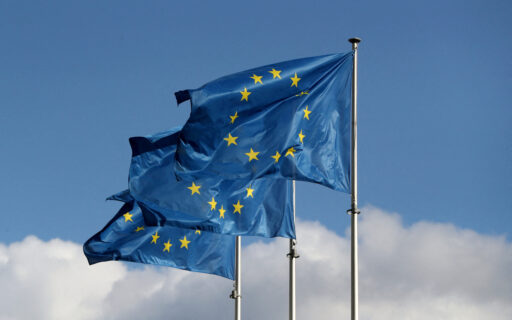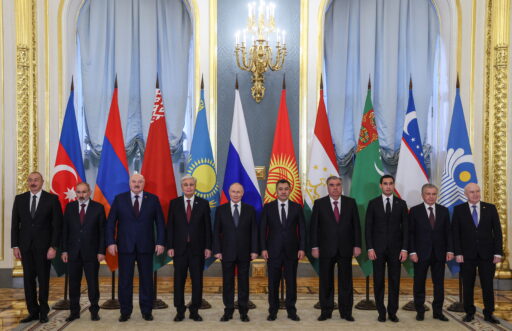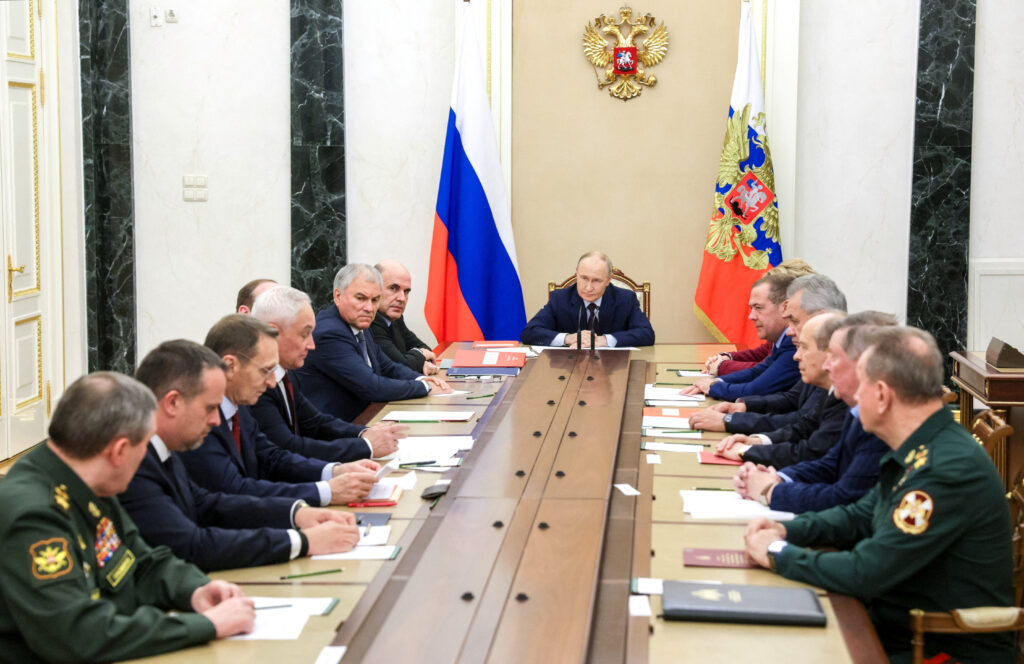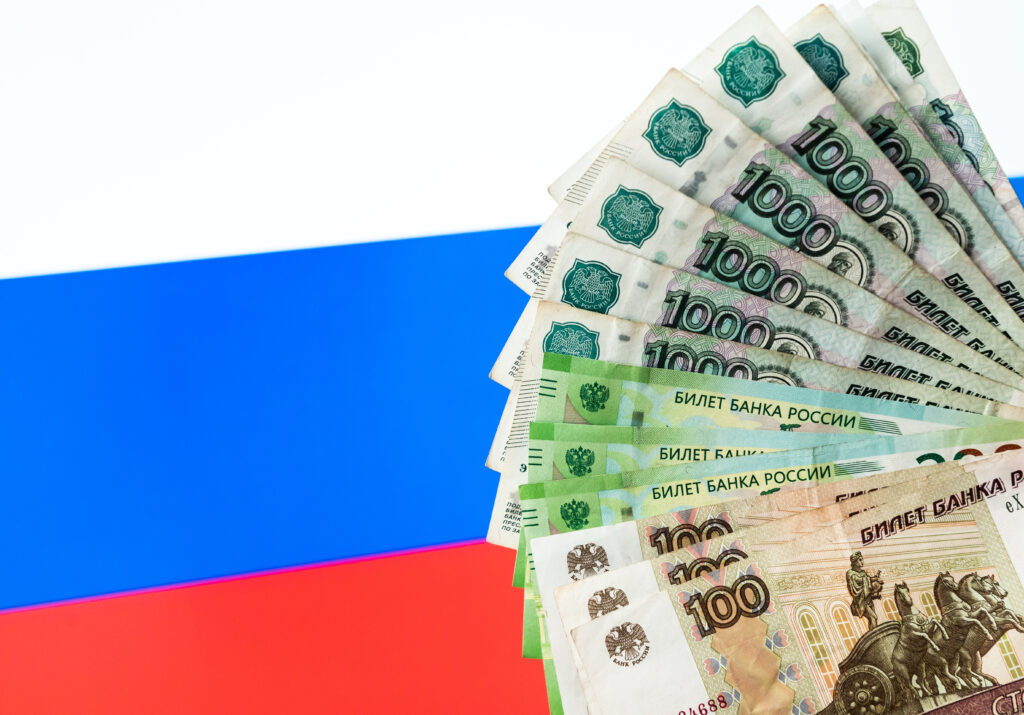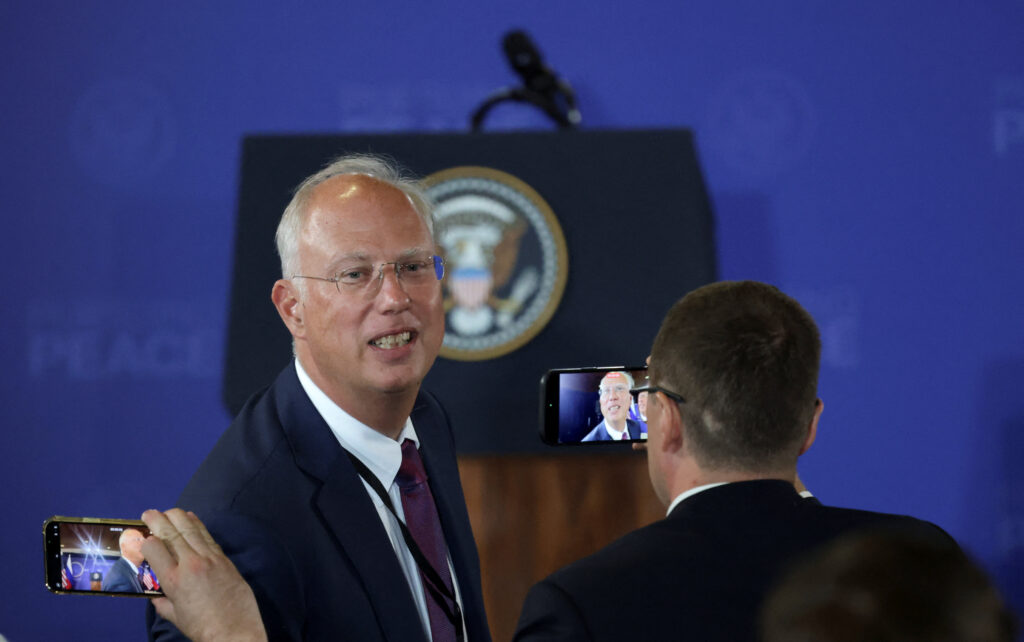At the 2018 Gaidar Forum, an annual gathering of Russian experts and reformist officials, partticipants were asked to vote on their preferred methods of public control over the state. Digital platforms turned out to be the absolute leader, with 57% of votes. Representative democracy, meanwhile, gathered merely 11%. Such low support for democracy here partly reflects how Russia’s technocrats harbour a deep mistrust of «the will of the people». It also partly reveals a perception that democratisation of the authoritarian regime in Russia is likely to entail high costs, not least to Russia’s technocrats themselves. But the high hopes for digitalisation are notable. How far can digitalisation really bolster accountability mechanisms in contemporary Russia?
The answer is only partly related to digitalisation as such. Digitalisation does open up possibilities of using large amounts of data in public administration. It makes these data available for specialists to analyse. This helps decision-makers to be more efficient when formulating and implementing evidence-based policies based on best practices, including international ones. However, one should understand that big data and the related digital algorithms are merely tools in the hands of politicians and officials. The way these tools are used depend on subjective goals and priorities. In democratic countries, politicians and public officials may be «punished» by the voters for poor governance. This contributes to accountability, forcing politicians and officials to ensure the quality of their decisions is improved with digitalisation. Is that the same nder authoritarianism, where politicians and bureaucrats cannot lose their posts in the wake of elections?
Many observers point out that authoritarian regimes (especially in China) strive to use digitalisation primarily as a tool for pervasive control and repression of fellow citizens. They apply various digital tools: from recognition of protesters’ faces to algorithm-driven «social ratings» that reward loyal citizens and punish disloyal ones. This approach represents a «perverse accountability.» It keeps citizens accountable to authoritarian politicians and officials, not vice versa. On top of this, the interests of decision-makers can have an equally damaging effect when digitalisation is harnessed for policy-making. In Russia, the most important problem is «bad governance» — a political and economic system based on rent-seeking as its main purpose or essence (put simply, the country is governed in order to steal as much of its resources as possible, for as long as possible). Under such circumstances, digitalisation does not only fail to transform «bad governance» into «good governance», but it may also exacerbate the irremediable defects inherent in the current system.
To protect their interests, Russian politicians and officials strive to conceal undesirable information. If disseminated, this could harm their careers and personal reputation. More broadly, it could undermine the citizens’ opinions about the political and economic system in Russia. So the authorities try to remove information about officials and «siloviki» from the public domain. In effect, that is a shield from various independent investigations related to allegations of corruption and other disreputable behaviour. On the other hand, an «informational autocracy» (a political regime where lying is the most important instrument to maintain legitimacy) distorts information that is disseminated publicly on behalf of the government. During the COVID-19 pandemic, various government agencies in Russia were repeatedly caught publishing misstated numbers of infected patients and fatalities. At best, such unmasking led to back-dated adjustments to some data. Even then, one cannot talk about evidence-based pandemic policies: such policies cannot be developed and implemented on the basis of incorrect data. Thus, the transparency that digitalisation aims to ensure is only partial. And it is subjected to systematic and purposeful distortion in many sectors.
So, the incentives for the Russian ruling class in the digitalisation process are not to improve the quality of public governance. Rather, it is about adapting new tools to their needs. This approach was most eloquently summed up by the lawmaker Andrei Isayev, a Duma deputy of the United Russia party. When «Yandex News» and its algorithms were criticised during parliamentary hearings, he replied: «You come as an official and ask to solve a specific issue and they (representatives of the news aggregator) tell you: ‘We have a specific underlying algorithm and cannot solve any issues for you on this basis.’ Well, what do you tell them? ‘Change your algorithm so that the issue can be solved after all.’»
Moreover, issues are «resolved» in favour of officials because of an extra desire to redistribute the IT sector markets in favour of the SORM providers (conversation tapping system) and beneficiaries of the «Yarovaya Package,» who are closely linked to the special services. The policy of a «nationalisation of the Russian Internet,» pursued by the Russian authorities, aims to achieve not only political but also commercial objectives in this respect, putting the consequences of digitalisation into question once again.
As for accountability in the context of Russian authoritarianism, digitalisation is designed not to strengthen it. On the contrary, the setup is to weaken its impact. The most visible sign of this was the introduction of electronic voting in Russia. That initiative was promoted not only by the leaders of the Central Election Commission, but also by public figures such as Alexey Venediktov, the head of Echo of Moscow radio station. The essence of these changes came clear at the 2019 Moscow City Duma elections. Electronic voting in one constituency, it turned out, changed the final election results. In the offline voting, the independent candidate Roman Yuneman, supported by the opposition, received a relative majority. Online voting, all the while, led to a triumph of Margarita Rusetskaya, supported by the Moscow mayor’s office, who eventually became a Duma deputy. In the process, the portal designed to summarise the results of online voting operated with major disruptions. These raised questions among observers over fairness and integrity. Similar phenomena, such as an increase in voter turnout and in the number of votes cast for United Russia, were also observed during the online voting process in 2020. Needless to say, the online voting mechanism leaves no opportunities for independent observation. As it happens, this serves the interests of the Russian authorities.
Technocrats’ attempts to leverage technological advances to improve the quality of public administration under an authoritarian regime are not fundamentally new for our country. American researcher Benjamin Peters analysed the attempt to develop a unified automated state control system in the USSR in the late 1960s and early 1970s. At that time, shortly after the country’s transition from a «thaw» to stagnation, technology optimists led by Viktor Glushkov, director of the Institute of Cybernetics in Kiev, proposed a project to the Soviet leaders, aimed at creating a unified, computer-based planning and resource allocation network that would improve the operation ofthe USSR’s centrally planned economy. Although the project was supported by the leaders of the Central Statistical Office in the USSR (the predecessor of Rosstat), it was «killed» at the Politburo level. This was partly due to opposition from interest groups who intended to achieve their objectives through lobbying «in the corridors,» and partly due to political fears among party leaders, who were certainly not willing to hand over the reins of power to those early predecessors of modern computers. Similar technocratic illusions are harboured today by the Russian supporters of the idea of «digital governance»: they are trying to use big data and algorithms to make some improvements to the flawed mechanism that is used to manage the Russian state, instead of seeking to change that mechanism altogether.
If the political status quo in Russia persists, digitalisation will at least help to ensure (semi-)transparency of governance. But it will do it without guaranteeing its accountability to citizens. Accordingly, one should not think that the introduction of digitalisation attributes will work as a kind of «magic wand» that will rid Russia of the many flaws of «bad governance.» Nor will it avoid the potential upheavals that a change of political regime might entail. Digitalisation can improve the quality of governance in Russia only when digital mechanisms are used to complement impartial and effective offline «good governance» — not when they are intended to evade it.

